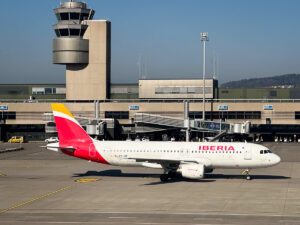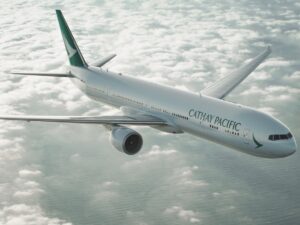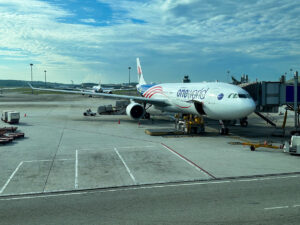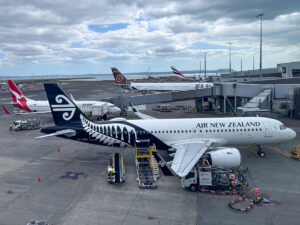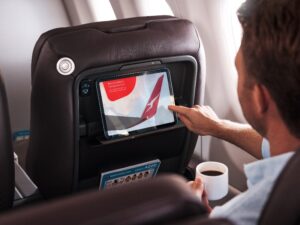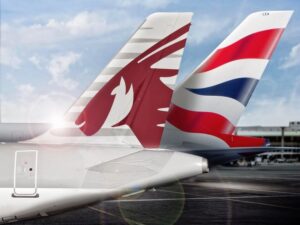
Clever airline passengers have used hidden-city ticketing for years to save money on their flights. But now airlines are starting to fight back against the practice. German airline Lufthansa is currently attempting to sue a “no-show” passenger that didn’t board the last flight on their ticket. It’s demanding back-payment for the significant difference in price between the flights this passenger booked, and the routing actually flown.
If the airline wins in court, this could set an alarming precedent for passengers around the world.
German website Airlines.de reports that the case was initially thrown out of court. But the airline is appealing against the decision. It’s determined to get its money back, and to send a warning to those trying to “cheat” the system using ticketing tricks.
Hidden-city ticketing takes advantage of a pricing loophole where airlines offer cheaper tickets in different markets. The loophole exists because airlines often price connecting flights cheaper than non-stop flights. This is done to better compete in different markets with airlines offering direct flights.
For example, Qantas does not fly direct from Sydney to Launceston. Qantas might be charging $200 for a flight from Sydney to Melbourne, while simultaneously charging $100 for a journey from Sydney to Launceston via Melbourne. This is done to compete with Virgin’s non-stop Sydney-Launceston service. In this example, a Qantas passenger flying from Sydney to Melbourne could save $100 by booking a ticket to Launceston, but failing to board the second leg from Melbourne to Launceston.
Airlines already make it difficult for passengers to take advantage of hidden-city pricing loopholes. For example, all remaining flights on your booking will be automatically cancelled if you fail to board any flight on the ticket. The trick is also unlikely to work if you’re checking in a bag, as it will be tagged to your ticketed final destination. But it’s still possible to use this loophole if you plan just to skip the last flight on the ticket and are travelling only with hand luggage.
The Lufthansa case is one of the first where an airline has attempted to sue a passenger directly over hidden-city ticketing. But other airlines have tried – and failed – to take a stand against the revenue-draining practice in the past. In 2015, United Airlines tried to sue US-based website Skiplagged, which helps travellers to find cheaper flights by using hidden-city ticketing. United lost in court. Last year, United also demanded back-payments from a passenger it accused of skipping 38 flights. The airline even threatened to get external debt collectors involved. However, it seems this demand was not legally enforceable.
In 2016, many Oneworld airlines also stopped interlining luggage for passengers that had booked connecting flights on separate tickets. The change, which is rumoured to have been initiated by British Airways, was largely aimed to stop the practice of passengers taking advantage of cheaper tickets in overseas markets.
We’ll have to wait and see whether Lufthansa is successful in court. Either way, the decision will set a precedent that could have large ramifications for the aviation community.
Join the discussion on the Australian Frequent Flyer forum: Lufthansa sues no-show passengers
Want to learn more about this case? We interviewed the lawyer who represented the hidden-city ticketer in the German courts in Episode 22 of the ‘AFF on AIR’ podcast.
